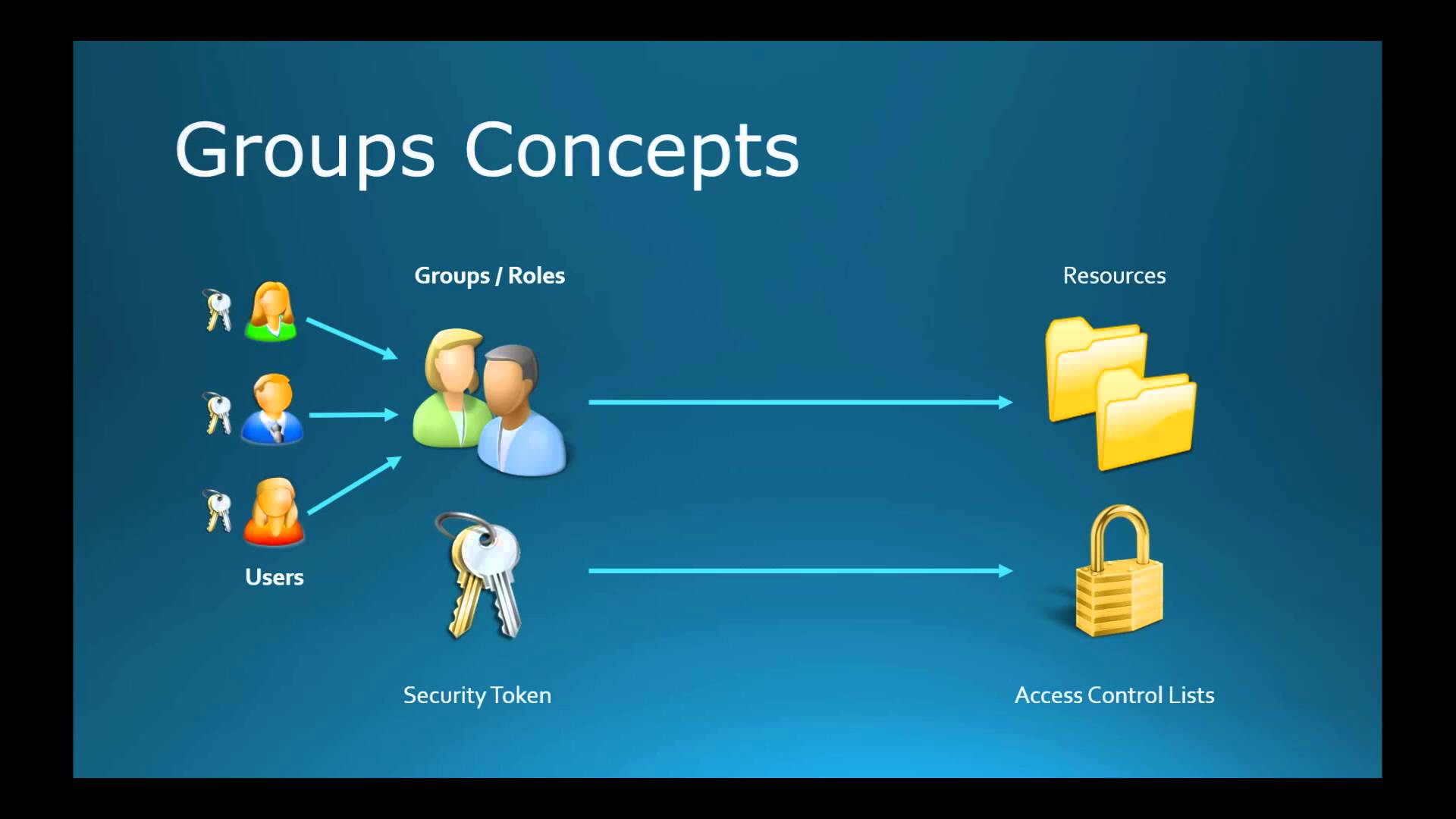

public static Svo FromJson( double json)

Public static Svo FromJson( string json) Only way to access its value is by calling the Value() method. To another type are not supported, and ToString() returns *****. If this is secure enough for the problem at hand, before using this type.Ī secret can be created by parsing, deserializing JSON, or using its typeĬonverter to convert from string.

It does not defendĪgainst sources that have (direct) access to the system memory. Sensitive strings to log files or (external) devices. Once mixed with the sequential generated UUID's by your database. Furthermore, these generated UUID's are not sequential Overlap, but more seriously, as some time may elapse between the generation and Is not perfectly sequential first of all because it has a 0.32 nanosecond SqlServer) Īs databases might (like SQL Server does) order your UUID/GUID's differently It is by default represented by a 22 length string, The UUID (Universally unique identifier) aka GUID (Globally unique identifier) is anĮxtension on the System.Guid. Public override object Next() => 'C' + Rnd. public sealed class ForDocument : Int64IdLogic ^ ")) The cases, you can fully rely on a base implementation (Guid, long, int, string).
DIFFERENT DOMAIN ICLOCK CODE
Lot of flexibility, and requires hardly any code per identifier, as in 99% of Qowaiv's approach is to use an Id where T isĪ class dealing with the logic/behavior of the underlying values. To overcome this, strongly-typed identifiers can save the day: a specific type It is quiteĬommon to provide two or even more identifiers (of different identities) to a Primitive Obsession is a common issue when dealing with identifiers. Qowaiv identifiers Strongly-typed identifiers It will return SQL parameter with a converted database proof value. To create a (SQL) parameter with a SVO as value, use the SvoParamater factoryĬlass. See: Qowaiv Data SVO Parameter factory class Used typically as a mechanism for version-stamping table rows. Represents a (MS SQL) time-stamp is a data type that exposes automatically generatedīinary numbers, which are guaranteed to be unique within a database. ToString( "0/0 ") // 3/4 Qowaiv SQL types Timestamp It allows the clear distinction between local Local Date TimeĮxplicitly marked local date time. 24 Megabyte // Custom new StreamSize( 8900).
DIFFERENT DOMAIN ICLOCK FULL
90 kB // Full notation new StreamSize( 8900). Represents a date, so without hours (minutes, seconds, milliseconds), opposed to DateTime. Known primitives, like double, int, DateTime, Guid, etcetera.Ī consequence of this choice is that SVO's can not be null, and that allĭefault initializations have a meaningful value. The reason forĭoing this, is that for primitive like SVO's they should behave similar to the ClassĪll Qowaiv SVO's have been created as struct, not as class. Seen as bad design, as it leads to error-prone, cluttered code. Primitive Obsession is when the code relies too much on primitives. A Single Value Object (SVO) is a Value Object thatĬan be represented by a single scalar/primitive type. (Single) Value ObjectsĪ Value Object is an immutable type that is distinguishable only by the Inside and outside a Domain-driven context. Value Objects that can be used a wide variety of modeling scenarios, both Qowaiv is a (Single) Value Object library.


 0 kommentar(er)
0 kommentar(er)
